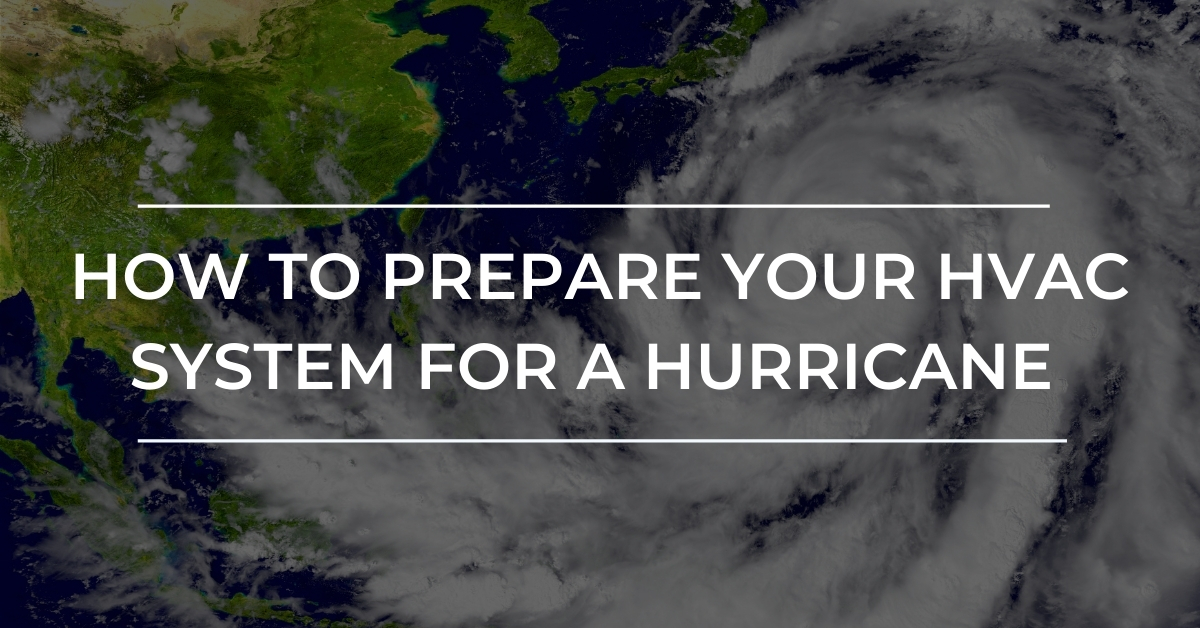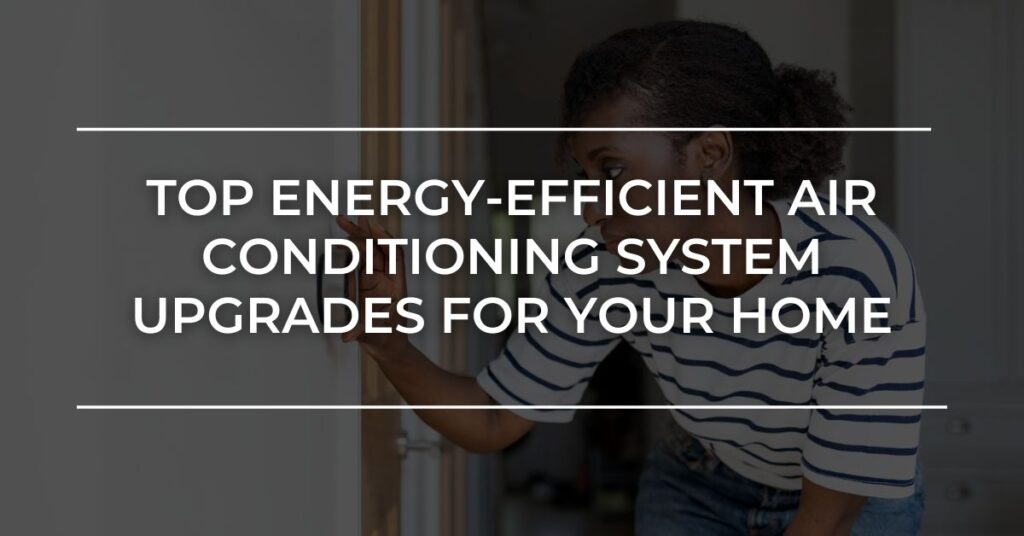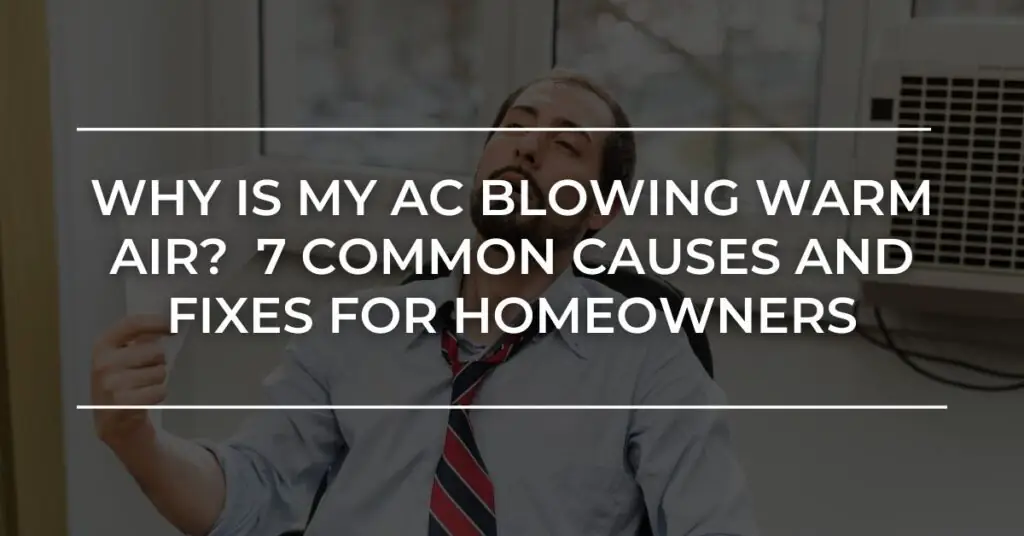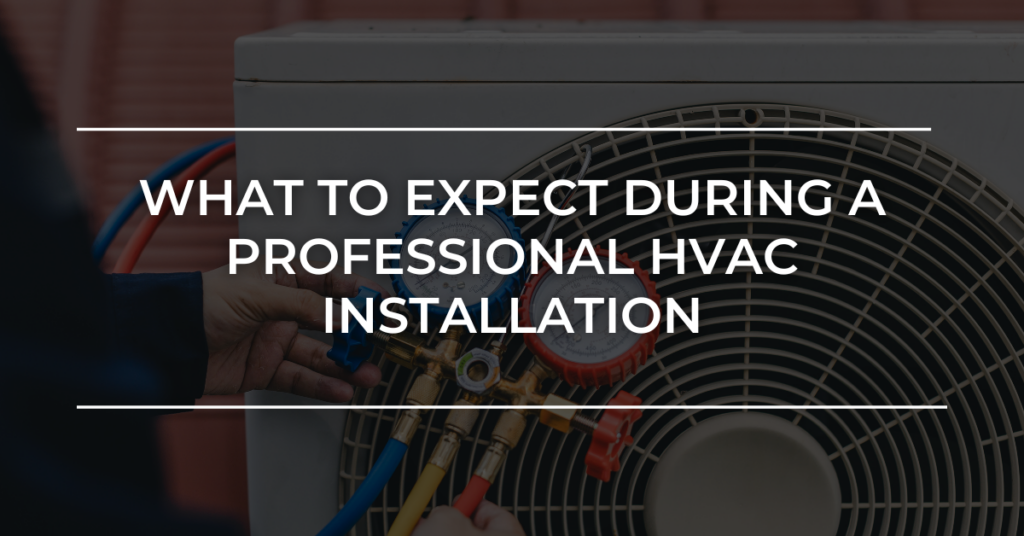
Hurricane season is among us – and throughout the years, every North Carolinian can recall memories of heavy winds, rain, and storm surge in hurricanes past. At Carolina Comfort Air, we know protecting your loved ones and your home are at the top of your list when a hurricane is approaching.
This hurricane season, be sure to protect and prepare your HVAC system with these helpful tips to minimize any damage to your system and get it running faster when a storm passes and power returns.
1. Cool your home ahead of time.
Set the thermostat to a cooler setting than you normally would. This way, your home is “pre-cooled” and will stay cooler longer after you turn your AC off – or if the power goes out.
peace of mind during every storm.
Get priority service during busy times, plus bi-annual servicing, exclusive discounts, and more with our Maintenance Plans. Protect Your Unit from $14/mo $20 OFF2. Turn off electricity to the unit.
Surges from lightning strikes can damage the system. If you leave it on, your unit can suffer severe damage from the constant power interruptions. These erratic power failures can take a big toll on your compressor and other integral parts of your air conditioning system, placing pressure on the components as they shut off suddenly, only to switch back on as soon as the power is restored. You may also consider investing in a surge protector for further protection from power surges for your HVAC system, refrigerator, refrigeration systems, motors, appliances, & other electronics.
3. Make sure the system is secured.
Is it in a floodplain or elevated on a second story? Be sure it is secure during the storm. Also, it may sound like common sense, but be sure to remove outdoor patio furniture, equipment, toys, or other supplies that could become projectiles during a hurricane. If you have heavy tree limbs hanging over your condenser that you’ve been meaning to trim, try and take care of those – before the storm does it for you and your system pays the price.
4. Cover your outdoor unit to protect from high winds.
If truly vigorous winds are expected – FEMA recommends covering your heat pump or condenser unit with a plywood enclosure to protect it from flying debris. Tree limbs and branches are sure to come down in high winds, and at 100 mph, even relatively small objects can be a costly hazard. Remember to remove tarp/covering as soon as the storm passes.
5. Assess damage post-storm before turning your unit back on.
Flooding, debris, and high winds may have damaged the unit. Turning on when damaged could make the problem worse. Once the storm has moved on, you should turn your AC back on as soon as possible. Otherwise, if you let it sit idle for too long, it will give mold and bacteria an opportunity to establish a foothold in your system and ducts.
Your home – and by extension, your AC system – has just been through a high-moisture, high-heat weather event, and as we all know, those are the exact conditions mold thrives in. But be careful – you should inspect your AC first. If the storm has damaged your system, trying to run it can make things even worse.
Most importantly – STAY SAFE.
FEMA provides crucial recommendations when returning home from a hurricane.
- Listen to local officials for information and special instructions.
- Be careful during clean-up. Wear protective clothing, use appropriate face coverings or masks if cleaning mold or other debris, and maintain a physical distance of at least six feet while working with someone else. Children should not take part in disaster cleanup work.
- Continue taking steps to protect yourself from COVID-19 and other infectious diseases, such as washing your hands often and cleaning commonly touched surfaces.
- Do not touch electrical equipment if it is wet or if you are standing in water. If it is safe to do so, turn off electricity at the main breaker or fuse box to prevent electric shock.
- Avoid wading in floodwater, which can contain dangerous debris. Underground or downed power lines can also electrically charge the water.
- Save phone calls for emergencies. Phone systems are often down or busy after a disaster. Use text messages or social media to communicate with family and friends.
North Carolina is the 3rd most hurricane-prone state in the U.S. At Carolina Comfort Air, we know hurricane preparation is key when it comes to protecting your family, home, and comfort. During peak hurricane season it is crucial to follow these preventative measures in order to safeguard your home’s HVAC system.
Doing so will improve peace of mind and can minimize damage and costly repairs or replacements. If you have any questions, concerns, or need any repairs addressed, contact our HVAC experts at Carolina Comfort Air.
We know Carolina because we are Carolina. Stay safe!




